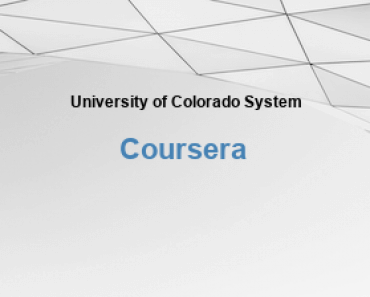Description
This course is the third course in the specialization exploring both computational thinking and beginning C programming. Rather than trying to define computational thinking, we’ll just say it’s a problem-solving process that includes lots of different components. Most people have a better understanding of what beginning C programming means!
This course assumes you have the prerequisite knowledge from the previous two courses in the specialization. You should make sure you have that knowledge, either by taking those previous courses or from personal experience, before tackling this course. The required prerequisite knowledge is listed below.
Prerequisite computational thinking knowledge: Algorithms and procedures and data collection, analysis, and representation
Prerequisite C knowledge: Data types, variables, constants; STEM computations; selection; and iteration (looping)
Throughout this course the computational thinking topics you’ll explore are abstraction, which is deciding which details matter for the problem you’re trying to solve, and problem decomposition, which is about breaking large problems into smaller sub-problems to handle complexity. For the programming topics, you’ll continue building on your C knowledge by practicing using arrays, which let you store multiple values in a single variable, and strings, which are arrays of characters. You’ll also learn how to implement functions, which are the mechanism we use for problem decomposition in our C programs.
Module 1: Learn about arrays as a way to store multiple values in a single variable
Module 2: Discover how we store and process strings (arrays of characters)
Module 3: Explore abstraction and problem decomposition
Module 4: Use functions to implement problem decomposition in your code
Price: Enroll For Free!
Language: English
Subtitles: English
Abstraction, Problem Decomposition, and Functions – University of Colorado System
TUN Helps Students!
Scholarships
Community
Copyright, 2024 – TUN, Inc

